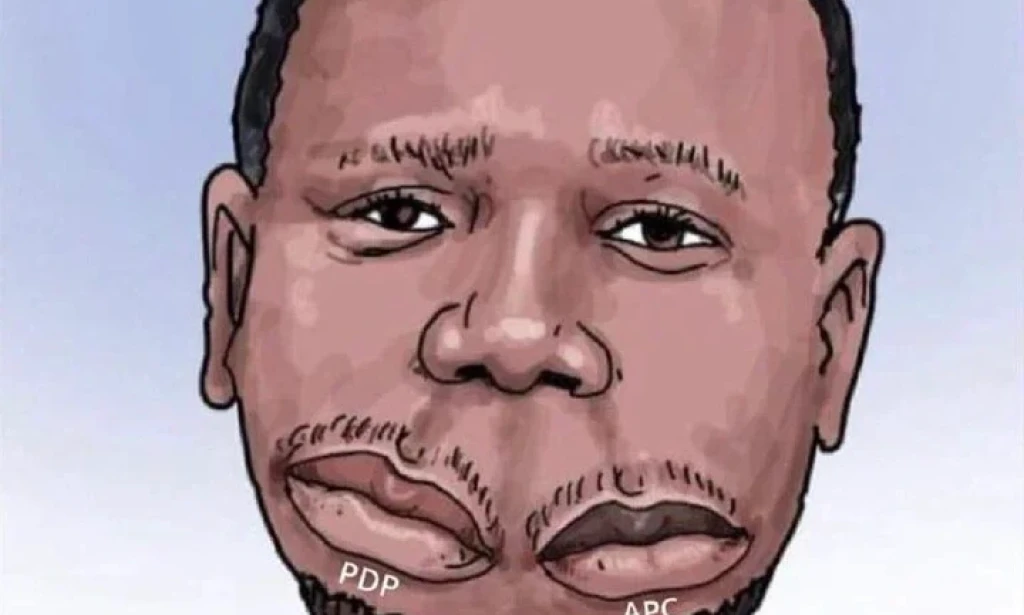Former Spokesperson of the Atiku/Okowa Campaign Council, Daniel Bwala, finds himself at the center of public backlash from Nigerians after making remarks perceived as disparaging towards a respected Nigerian journalist.
In a statement posted on his verified social media page on Tuesday, Bwala referred to a journalist, believed by many to be Rufai Oseni, as a "ferocious journalist who poses as unbiased but" covertly supports a former presidential candidate.
The controversy unfolded when Rufai Oseni tweeted questioning the allegiance of a critic-turned-apologist of President Bola Tinubu. Bwala's response to Oseni's tweet further escalated tensions, drawing attention to the journalist's purported bias.
Critics of Bwala argue that his comments not only undermine the impartiality of the journalist in question but also highlight his alleged inconsistency, labeling him as "double-mouthed." They point to Bwala's past criticism of Tinubu during his tenure as a spokesperson for Atiku Abubakar, only to later align himself with the Nigerian leader post-election.
Bwala's reputation took a hit in 2019 when he famously remarked, "The human brain is unique and miraculous. It works and functions optimally 24 hours a day, 365 days a year until you join APC, then it stops working." This statement resurfaced amid the current controversy, further fueling criticism of his integrity.
Reacting to Bwala's criticism, social media users expressed disappointment and disdain, questioning his character and integrity. Some accused him of lacking principles and shamelessly switching allegiances for personal gain, while others emphasized the journalist's professionalism and integrity compared to Bwala's alleged opportunism.
Despite the backlash, some defended the journalist, praising his objectivity, progressivism, and patriotism. They argue that his analysis is based on merit rather than personal bias, contrasting sharply with Bwala's perceived inconsistency and opportunism.
In conclusion, Daniel Bwala's remarks on the journalist have ignited a fierce debate on social media, with many Nigerians questioning his integrity and accusing him of double standards. The incident underscores the importance of journalistic impartiality and ethical conduct in the public discourse.


You must be logged in to post a comment.